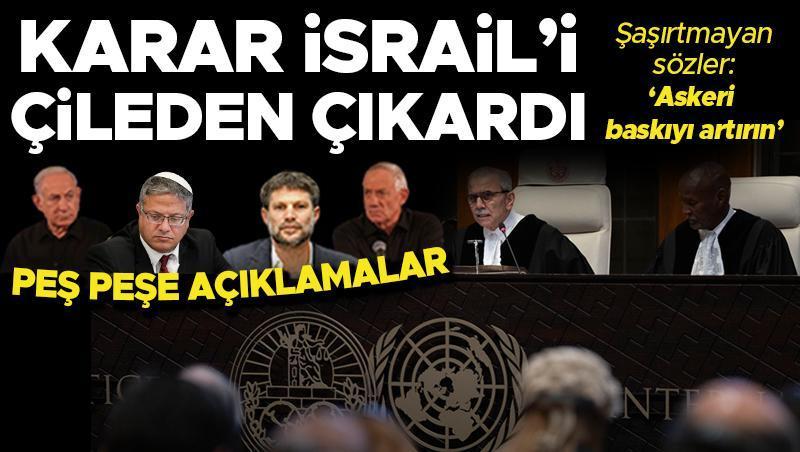According to the lawyers, the ICJ’s decision is a very important preventive decision taken to prevent Israel from destroying evidence.
Court President Nawaf Salam said the humanitarian situation in Rafah had “worsened” after the court’s last interim ruling on March 28. Salam reminded that Israel launched a military operation in Rafah on May 7, with around 100 in the city as of May 18. He said 800,000 Palestinians had had to flee their homes.
In interim rulings handed down in January and March at the request of South Africa in a case brought by the country against Israel for genocide, the International Court of Justice ruled that Israel: must protect civilians in Gaza and must do all it can to allow humanitarian aid to reach the area.
In its latest ruling, the International Court of Justice reiterated these rulings and called on Israel to immediately cease its military activities in the region, including the situation in Gaza.
Is it possible to implement the decision?
The International Court of Justice’s decisions are binding. There is no right of appeal, but Israel has previously said it would be difficult to implement the judgement because, while the ICJ’s decisions are binding, they have no enforcement powers. But legal experts say the decision is significant under international law, even if Israel does not recognize it.
The International Court of Justice’s decision that Israel’s military activities pose an “imminent danger” to the Palestinian people will therefore further increase world pressure on Israel.
Lawyers argue that after the court’s ruling, Western countries in particular will no longer be free to act as they did before by providing unconditional support to the Israeli government led by Prime Minister Benjamin Netanyahu.
According to sources in The Hague, the ICJ’s decision could also serve as a guide for the International Criminal Court (ICC), whose Chief Prosecutor Karim A. A. Khan called for Netanyahu’s arrest earlier this week.


